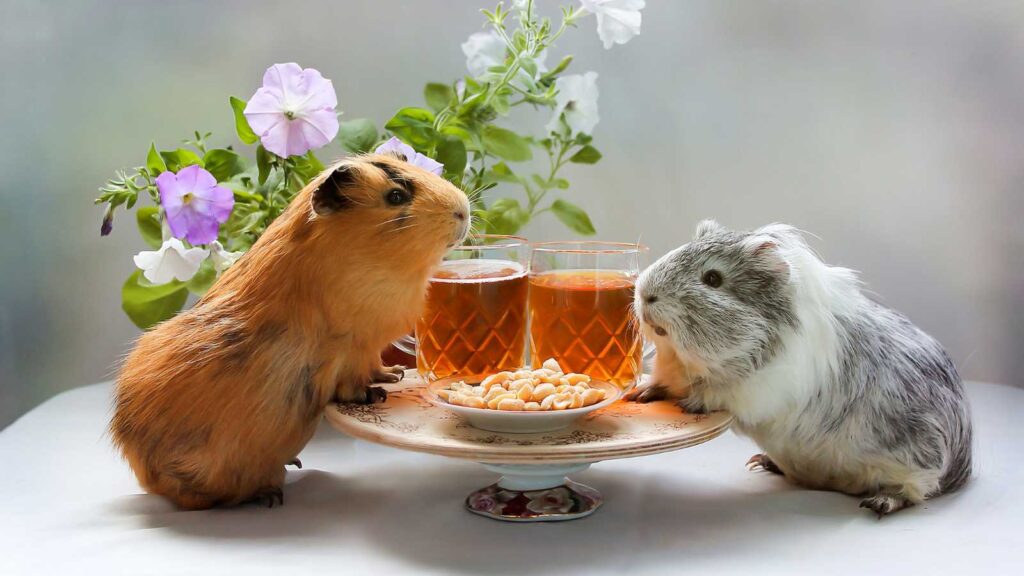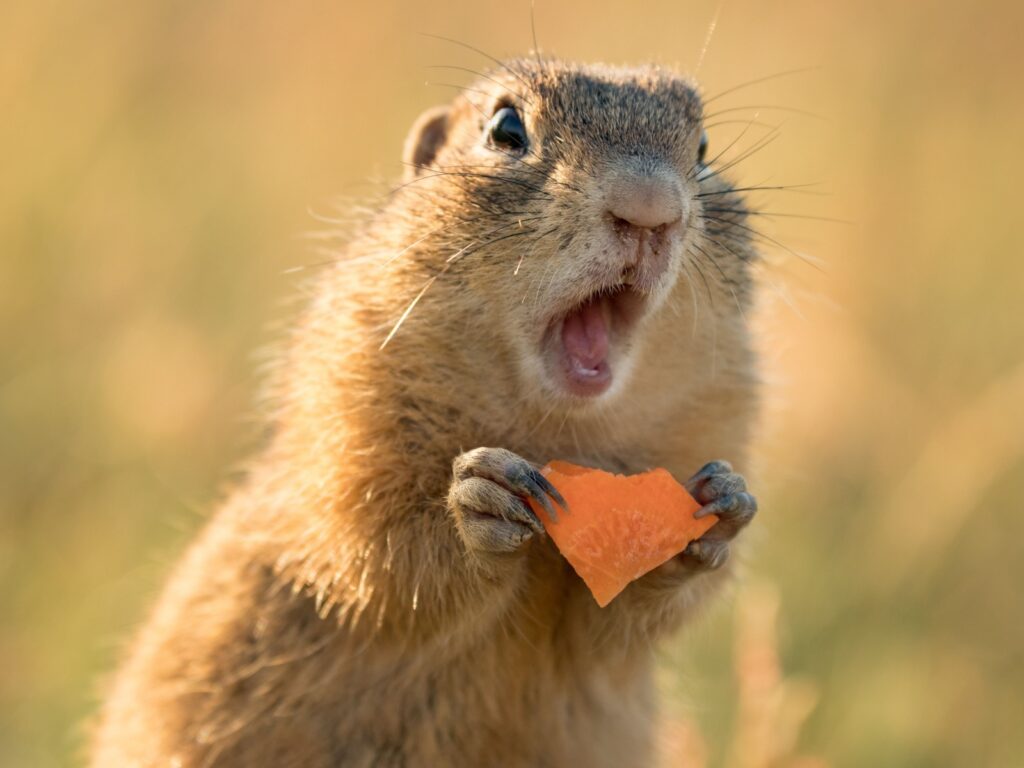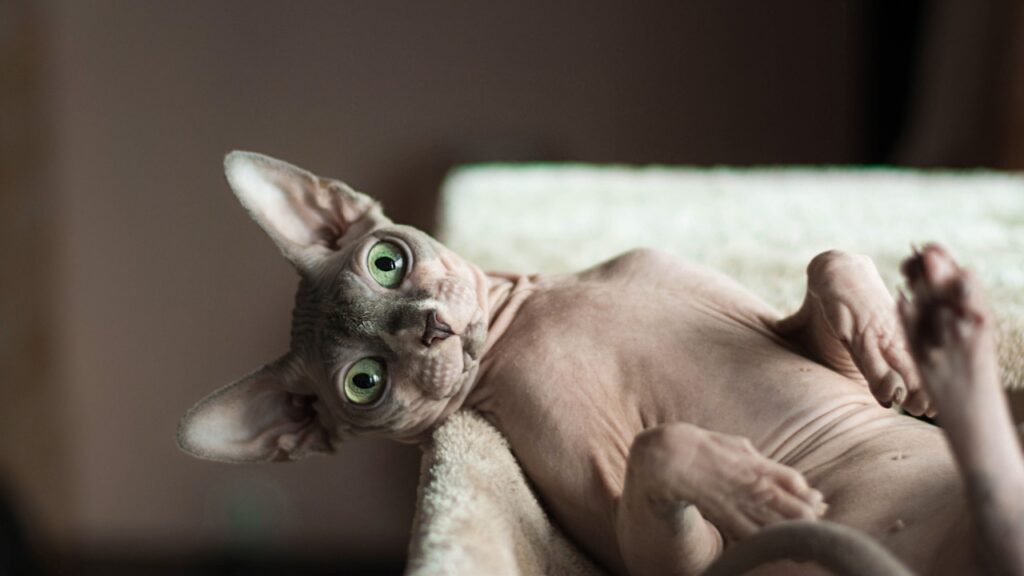Guinea pigs are adorable, friendly, and fascinating creatures that have captured the hearts of pet lovers worldwide. These small, furry rodents are not only great companions but also have a rich history and unique characteristics that make them truly special. In this article, we’ll explore 14 fun facts about guinea pigs that will leave you even more in love with these charming animals.
1. Guinea Pigs Are Not Actually Pigs
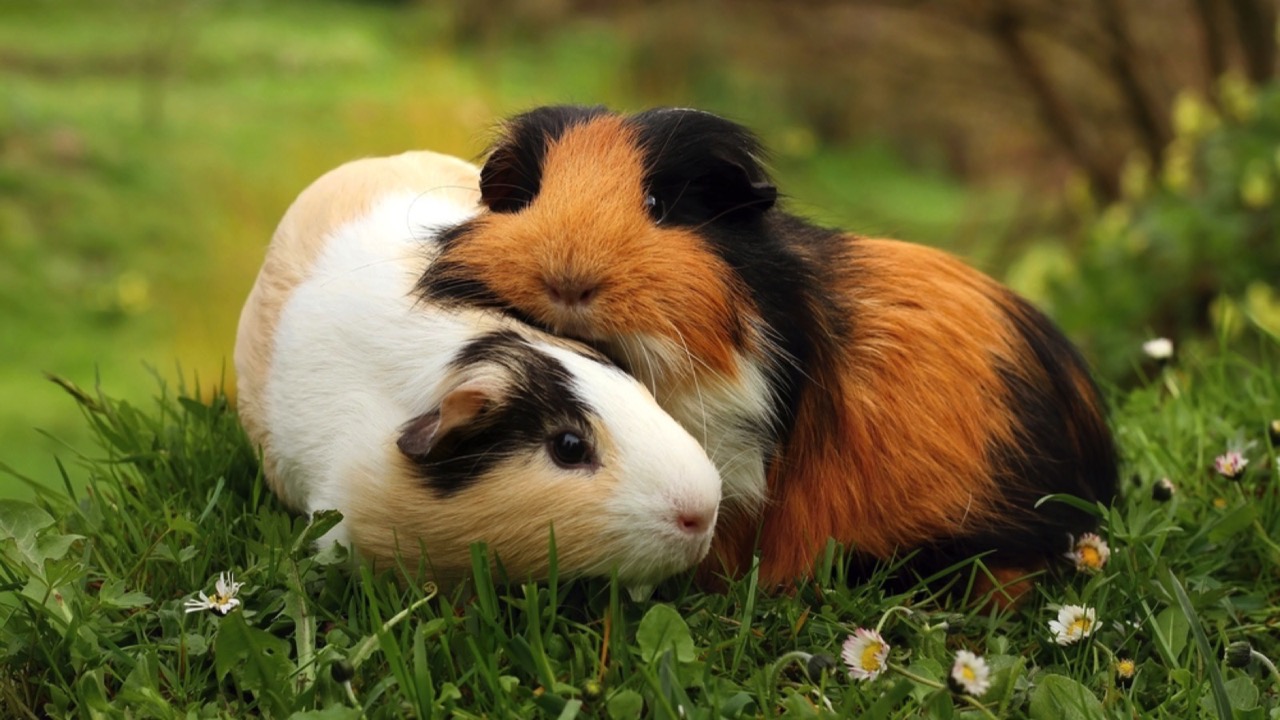
Despite their name, guinea pigs are not related to pigs at all. They are, in fact, rodents belonging to the family Caviidae, which also includes capybaras and rock cavies. The origin of their name is somewhat unclear, but it’s believed that “guinea” may refer to the country of Guinea in West Africa, and “pig” might be due to their plump, rounded appearance.
2. They Have a Unique Digestive System
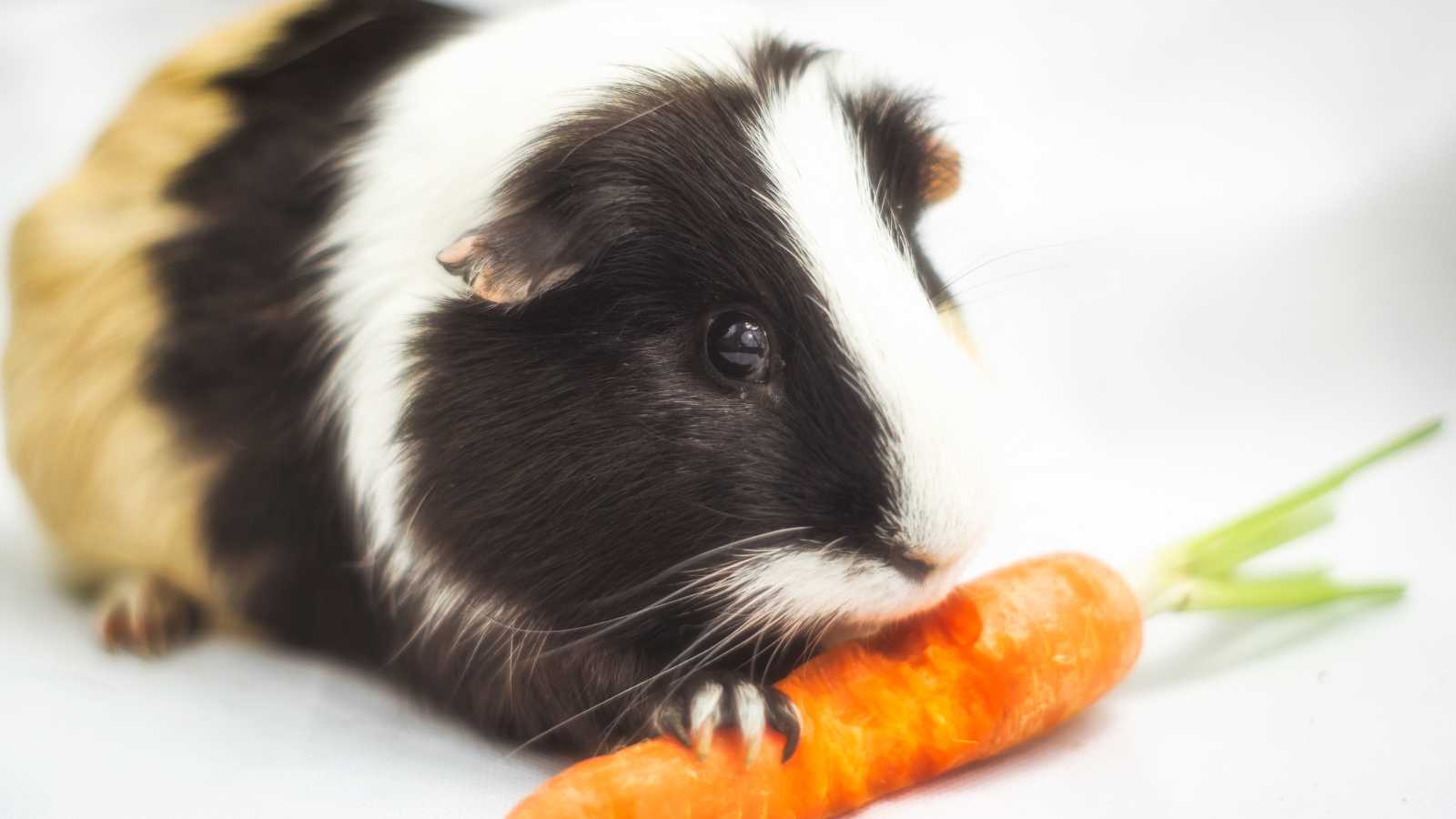
Guinea pigs have a fascinating digestive system that allows them to extract maximum nutrients from their food. They are herbivores, meaning they only eat plant matter, and their digestive tract is specially adapted to process this diet. Interestingly, guinea pigs produce two types of droppings: hard, dry pellets and soft, moist pellets called cecotropes, which they eat directly from their anus to obtain additional nutrients.
3. Guinea Pigs Are Social Animals
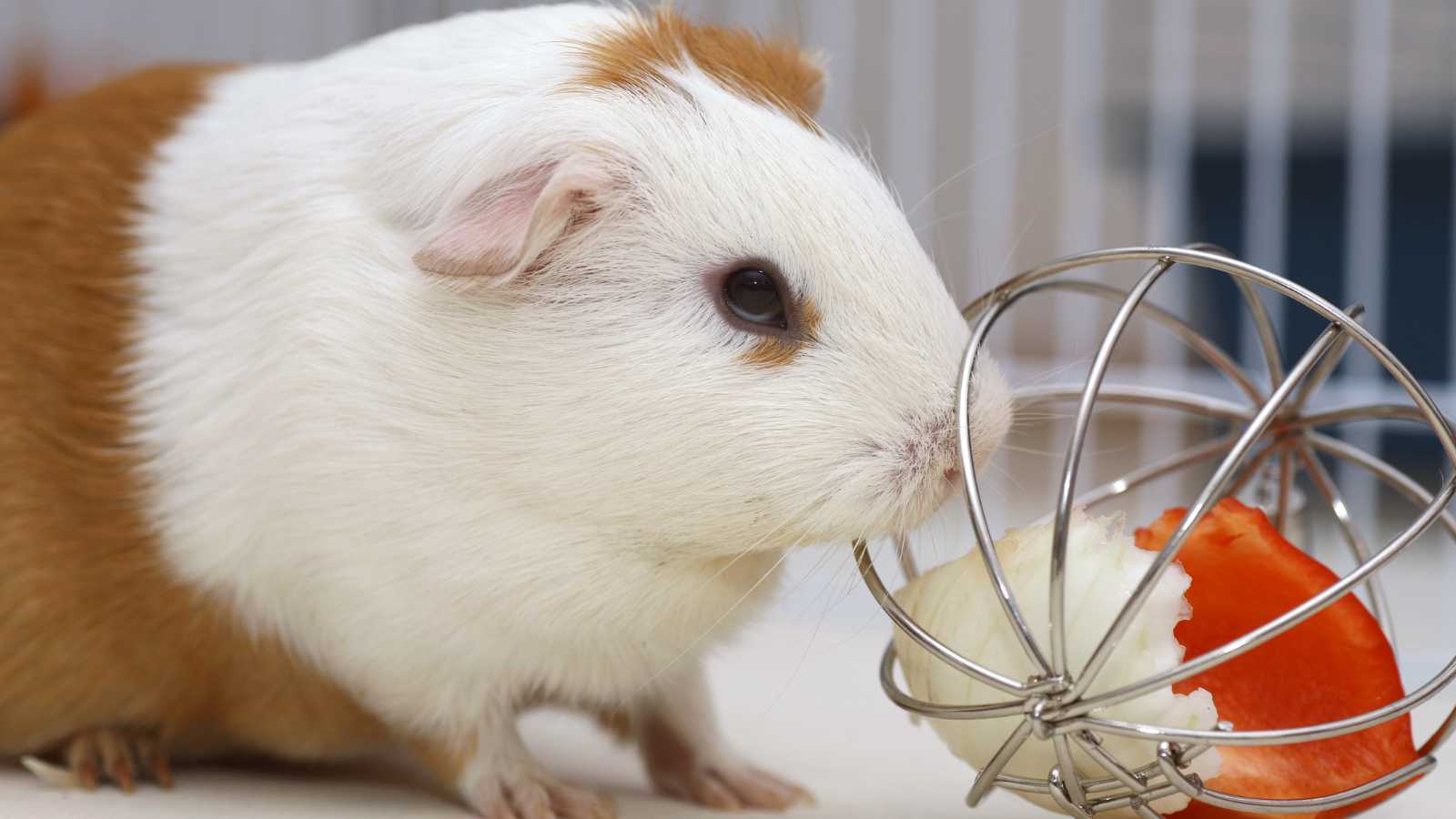
In the wild, guinea pigs live in groups of up to 10 individuals, and they thrive on social interaction. As pets, they are happiest when kept in pairs or small groups, as they enjoy the company of their own kind. Guinea pigs communicate with each other through a variety of sounds, including whistles, purrs, and chirps, and they often engage in playful activities together.
4. They Have Continuously Growing Teeth
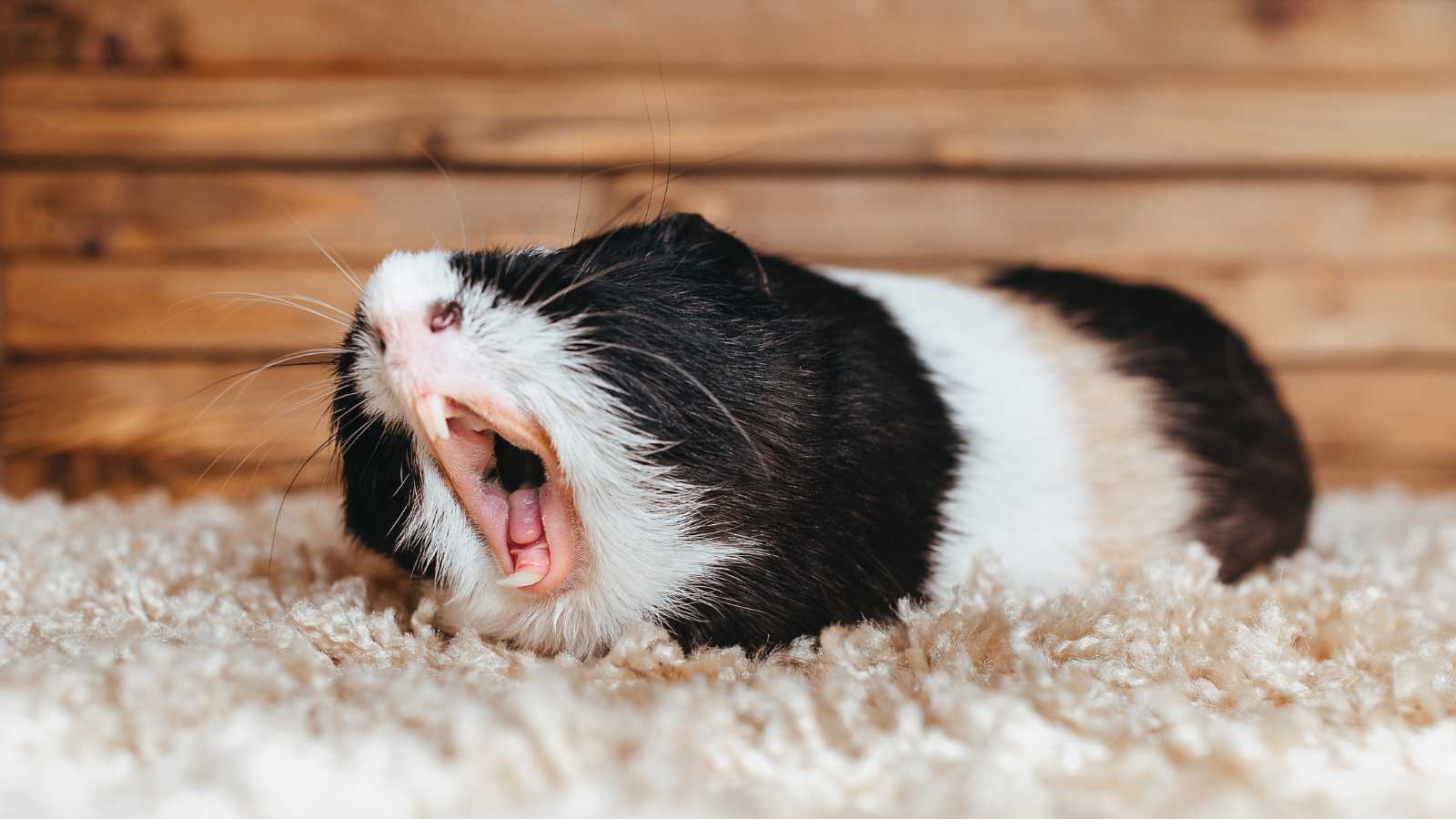
Like many other rodents, guinea pigs have teeth that never stop growing throughout their lives. This adaptation allows them to wear down their teeth by constantly chewing on hay, grass, and other fibrous foods. If a guinea pig’s teeth become overgrown, it can lead to serious health problems, so it’s essential to provide them with plenty of chewing materials and regular check-ups with a veterinarian.
5. Guinea Pigs Have Poor Eyesight but Excellent Hearing
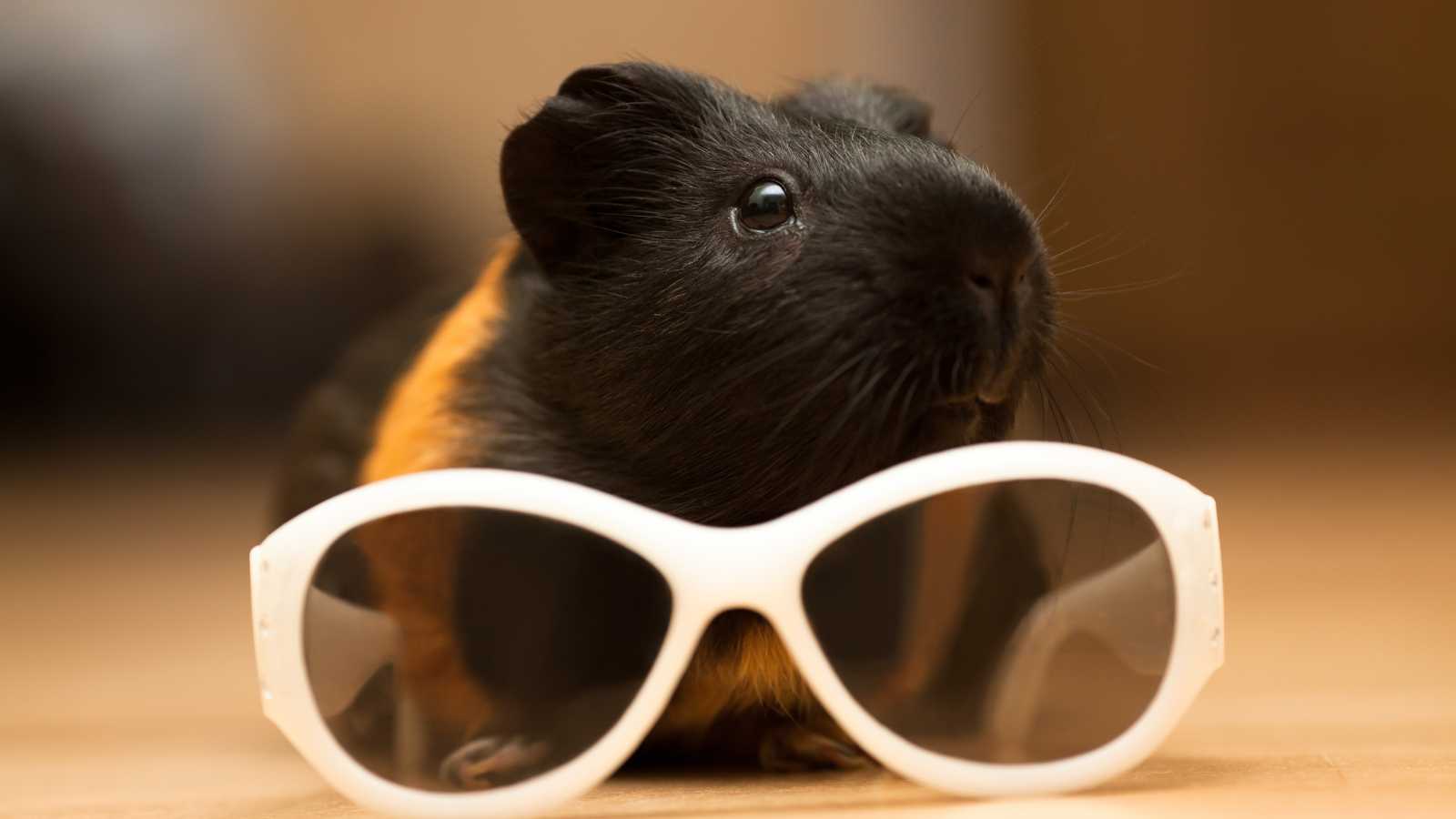
Guinea pigs have relatively poor eyesight, particularly when it comes to depth perception. However, they make up for this with their exceptional hearing abilities. Their ears are large and sensitive, allowing them to detect sounds from far away and even from underground. This keen sense of hearing helps them stay alert to potential threats in the wild.
6. They Are Native to South America
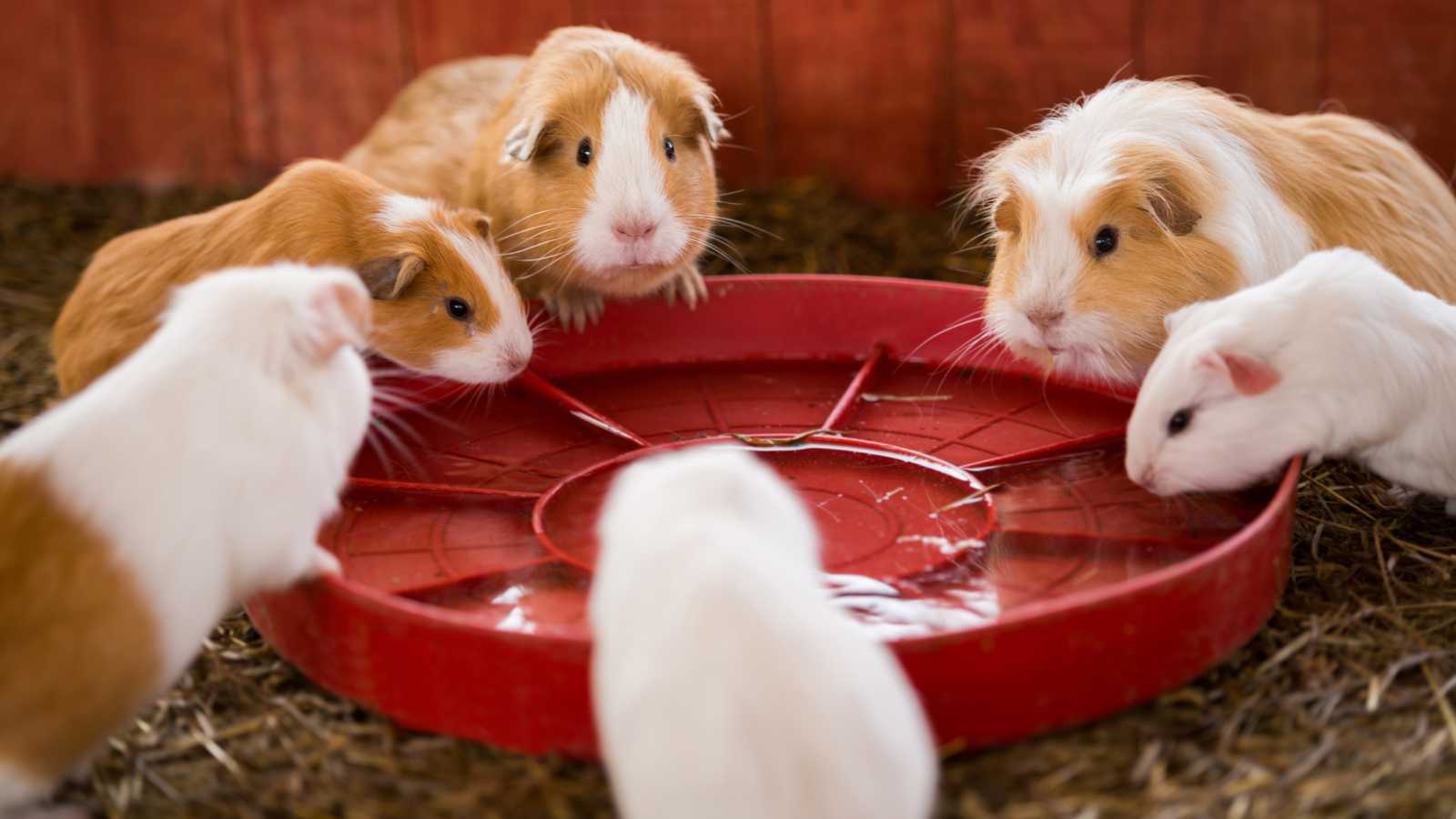
Guinea pigs are native to the Andes Mountains of South America, where they have been domesticated for thousands of years. In countries like Peru and Bolivia, guinea pigs are not only kept as pets but are also considered a delicacy and are often served as a traditional dish called “cuy.” In recent centuries, guinea pigs have been introduced to other parts of the world and have become popular pets in many households.
7. Guinea Pigs Are Highly Vocal
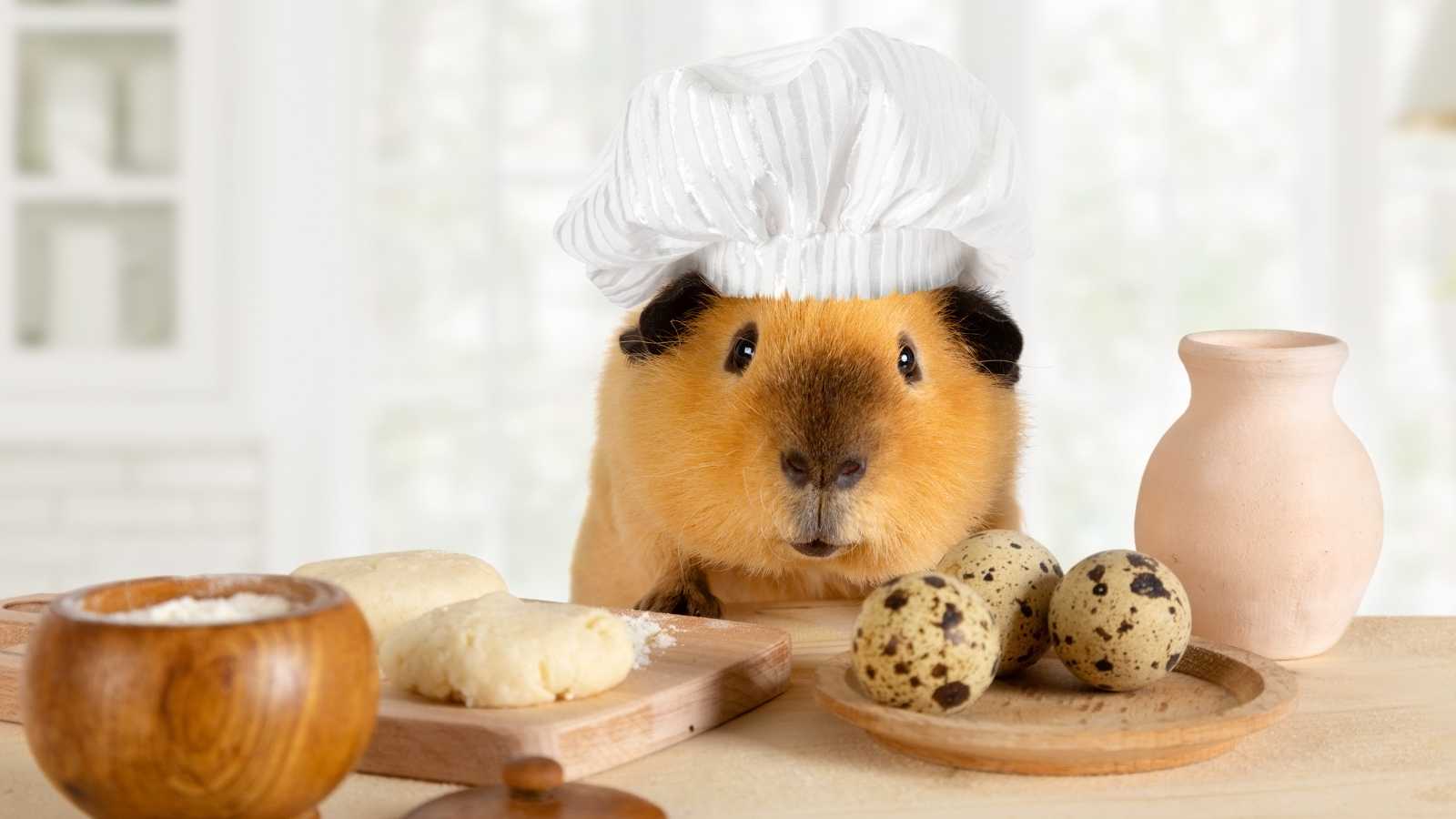
For small animals, guinea pigs are surprisingly vocal and can produce a wide range of sounds to express themselves. They can whistle, purr, chirp, and even scream when they are excited, happy, or distressed. Some of the most common sounds include the “wheek” (a loud, high-pitched squeal often used to beg for food), the “rumble” (a low, purring sound used during courtship), and the “chut” (a short, sharp noise used as a warning signal).
8. They Have a Unique Way of Showing Affection
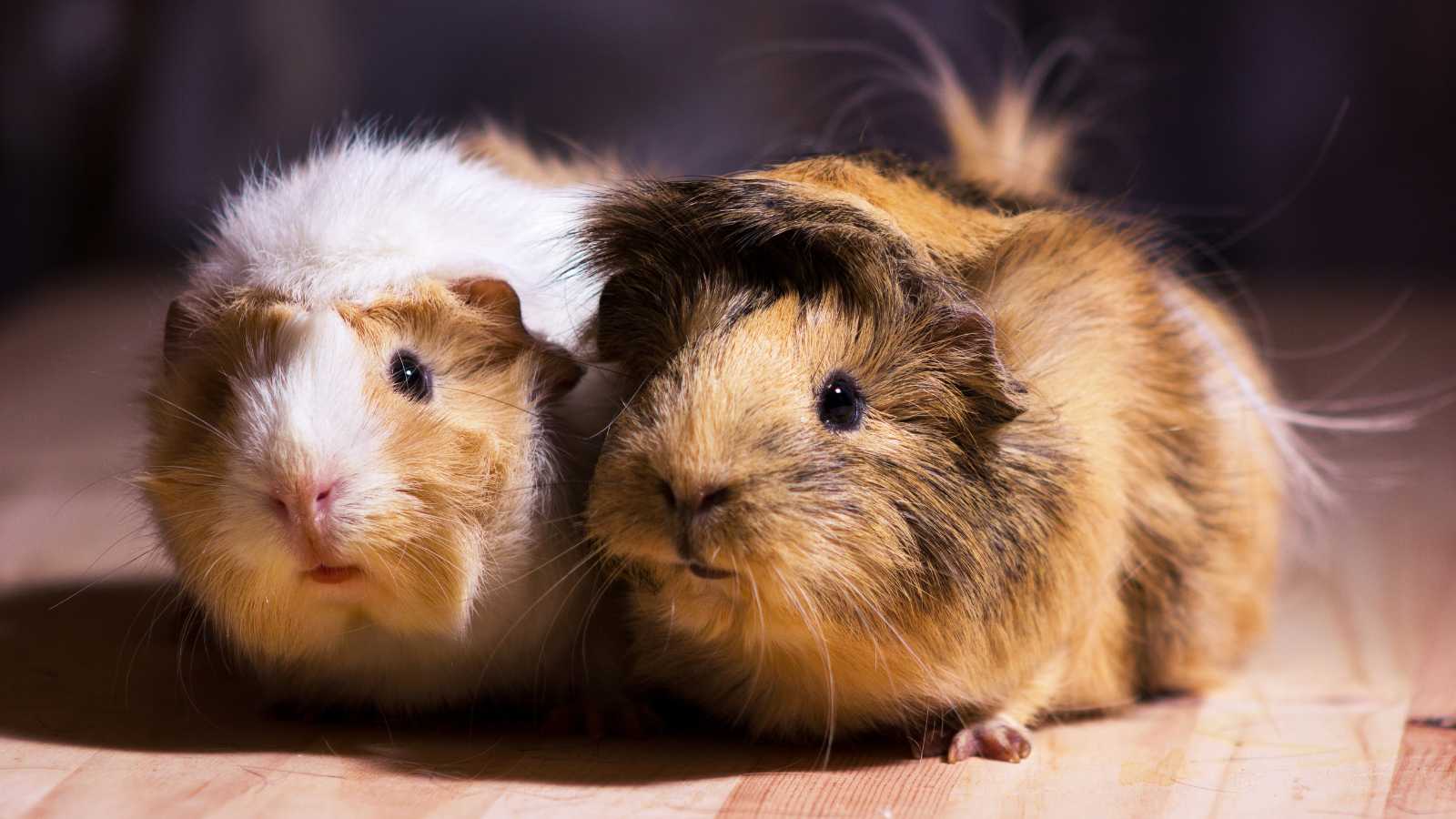
Guinea pigs show affection in their own special way. When they are feeling happy and content, they often engage in a behavior called “popcorning,” where they jump straight up in the air, sometimes even twisting their bodies in mid-air. This adorable display is a sign of pure joy and excitement. Guinea pigs also enjoy being petted and will often purr when they are being gently stroked.
9. Guinea Pigs Have a Great Memory
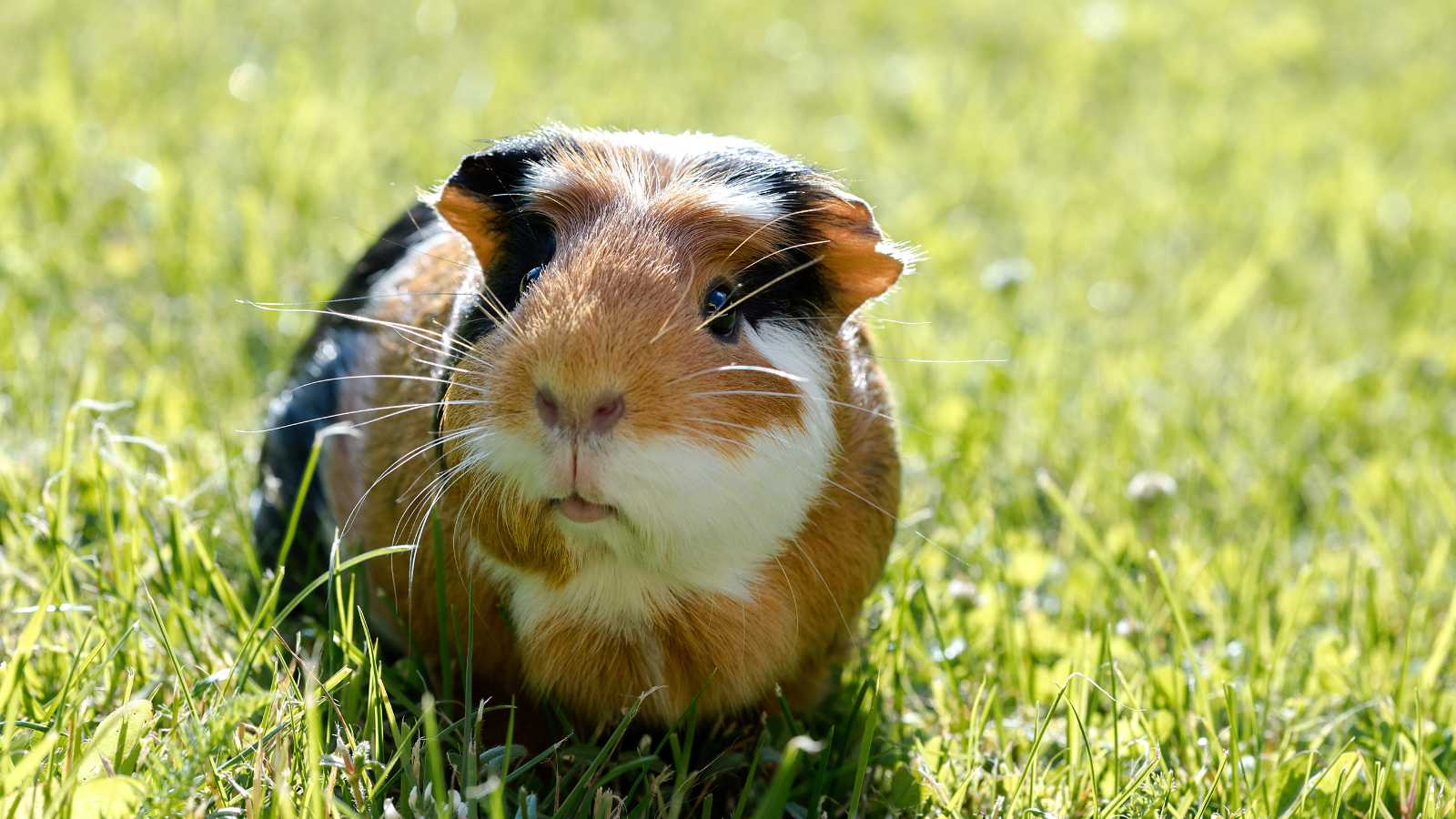
Despite their small size, guinea pigs have excellent spatial memory and can remember the layout of their surroundings for long periods. They can also recognize their owners and other guinea pigs they have bonded with, even after being separated for some time. This impressive memory helps them navigate their habitat and maintain social bonds within their groups.
10. They Are Prone to Heatstroke
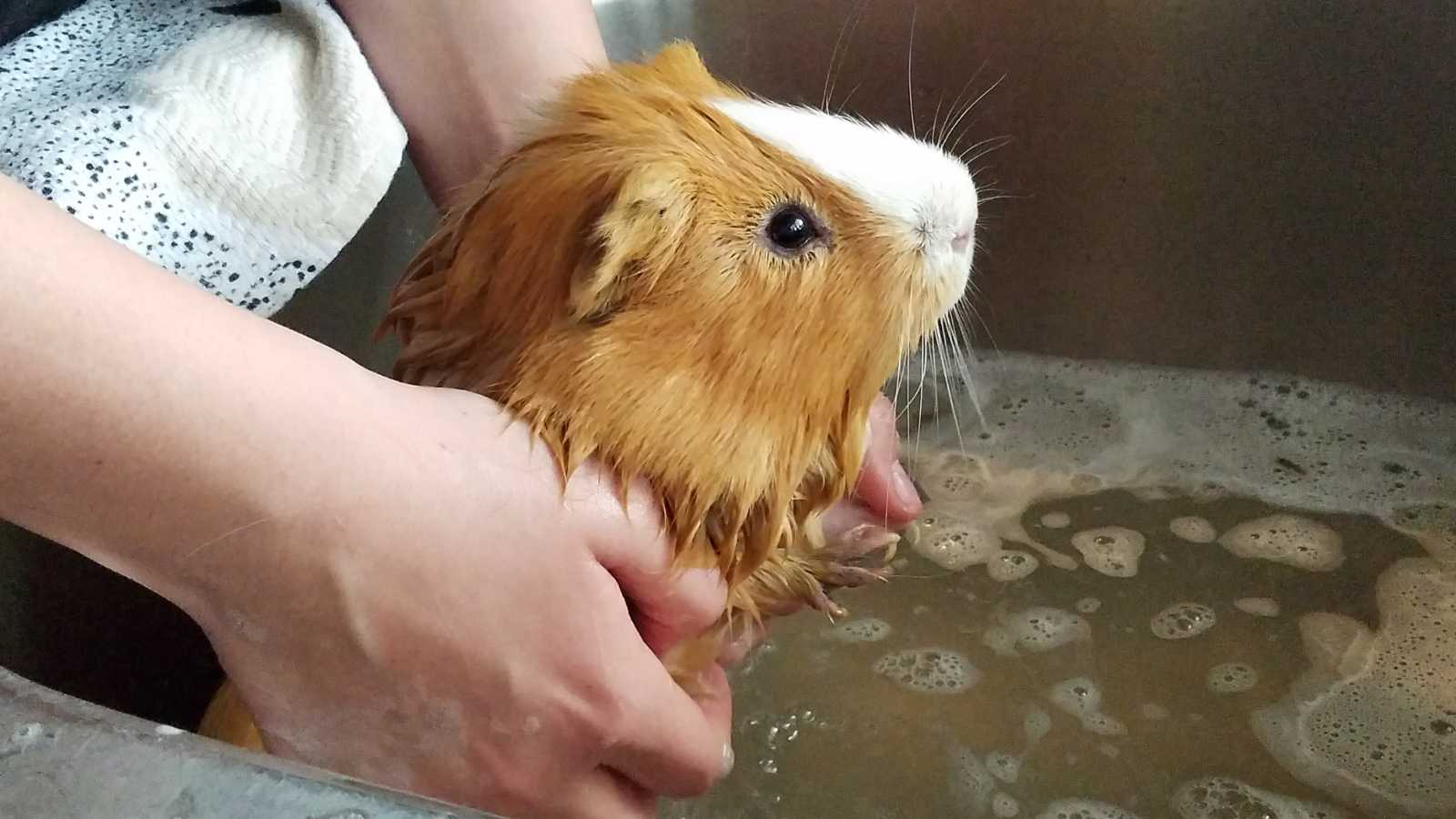
Guinea pigs are sensitive to heat and can easily suffer from heatstroke if exposed to high temperatures. In the wild, they tend to live in cool, shaded areas and are most active during dawn and dusk when temperatures are milder. As pets, it’s crucial to keep them in a cool, well-ventilated area and to provide them with plenty of fresh water to help them regulate their body temperature.
11. Guinea Pigs Have a Unique Reproductive Cycle
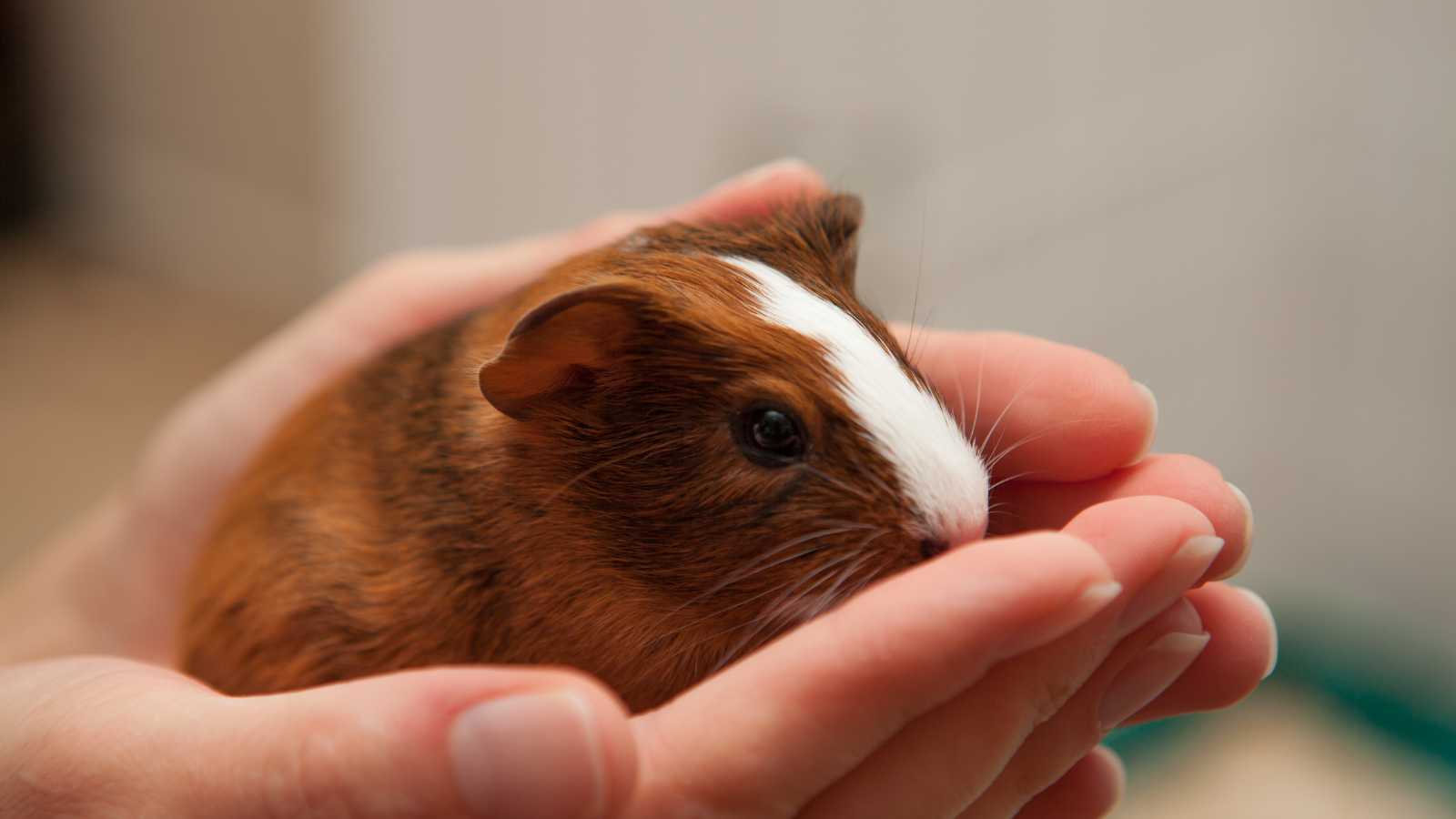
Female guinea pigs, called sows, have a unique reproductive cycle that sets them apart from many other mammals. They have a long gestation period of around 59 to 72 days, and they typically give birth to fully-furred, eyes-open pups that are ready to run and explore within hours of being born. Interestingly, sows can become pregnant again just a few hours after giving birth, which is why it’s essential to separate males and females if you don’t want them to breed continuously.
12. They Have a Lifespan of 4-8 Years
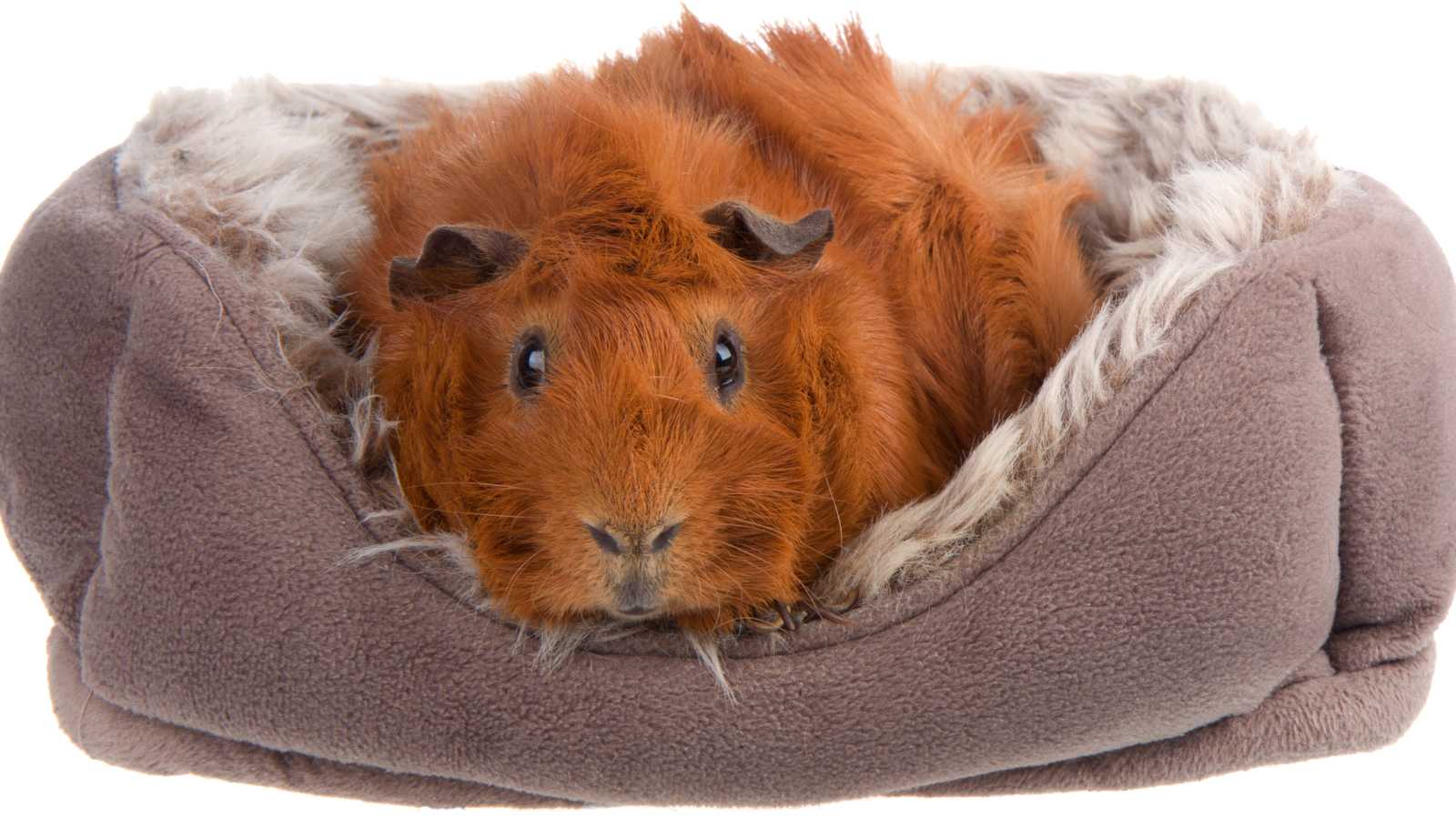
With proper care and nutrition, guinea pigs can live for an average of 4 to 8 years, with some individuals even reaching 10 years or more. Factors that can influence their lifespan include genetics, diet, housing conditions, and overall health. Regular check-ups with a veterinarian, a balanced diet, and a clean, spacious habitat can all contribute to a guinea pig’s longevity and quality of life.
14. They Make Wonderful, Low-Maintenance Pets
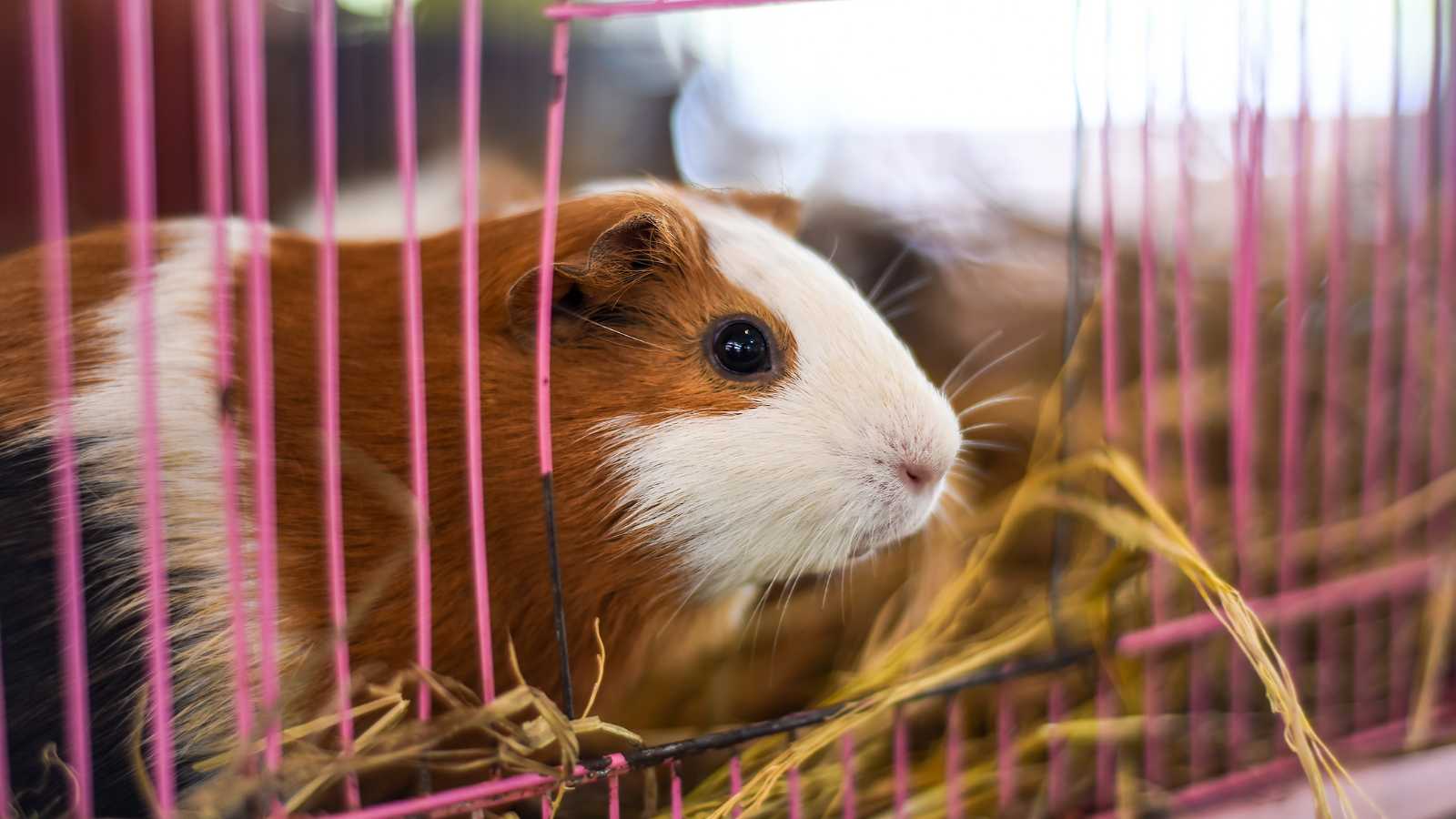
Guinea pigs make fantastic pets for people of all ages. They are gentle, affectionate, and relatively low-maintenance compared to other pets like dogs or cats. They don’t require daily walks, can be housed in a small apartment, and are generally quiet animals. However, they do need regular cleaning, a spacious cage with hiding spots, and a diet rich in hay, fresh vegetables, and specially formulated guinea pig pellets. With proper care and attention, guinea pigs can form strong bonds with their owners and provide years of companionship and joy.
15. Guinea Pigs Have a Unique Way of Grooming
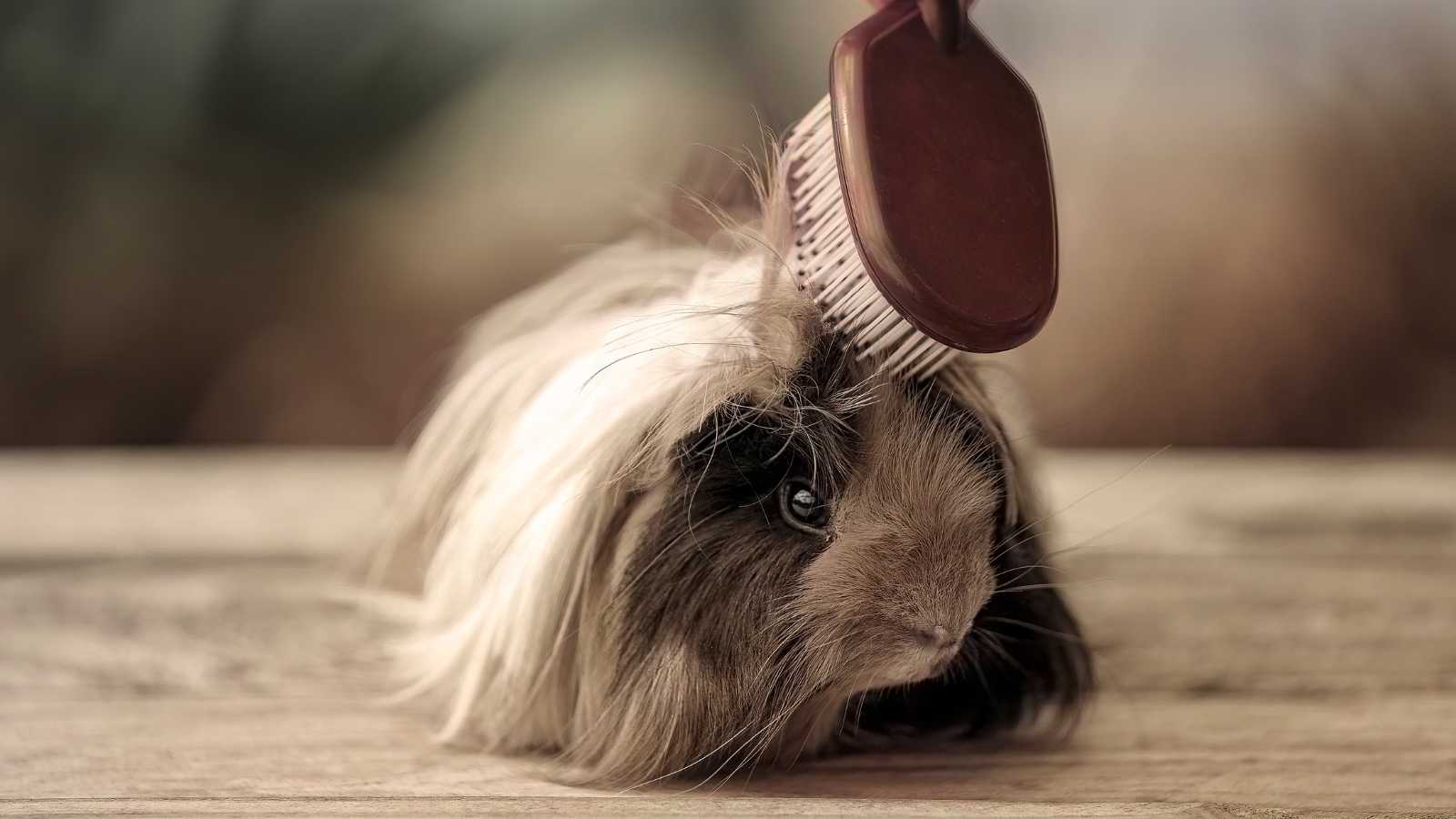
Guinea pigs are fastidious groomers and spend a significant portion of their day keeping themselves clean. They have a special way of grooming that involves using their front teeth, tongue, and paws to keep their fur in top condition. Guinea pigs will often groom each other as a way of bonding and establishing social hierarchies within their groups. This behavior, known as “barbering,” involves one guinea pig gently nibbling or trimming the fur of another, which can help keep their coat healthy and free of tangles.
Becky is a fervent wildlife enthusiast and pet care expert with a diploma in canine nutrition. Her love for animals stretches beyond the domestic, embracing the wild tapestry of global fauna. With over a decade of experience in animal welfare, Becky lends her expertise to OutlandishOwl through insightful articles, captivating wildlife information, and invaluable guidance on pet nutrition. Her work embodies a deep commitment to understanding the intricate lives of animals and a passion for educating others on sustaining natural habitats. Becky's hands-on conservation efforts and her knack for translating complex dietary science into practical pet feeding tips make her an indispensable voice for creatures great and small.

